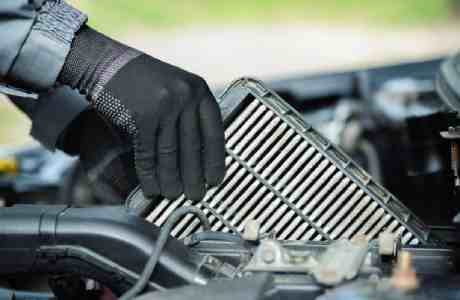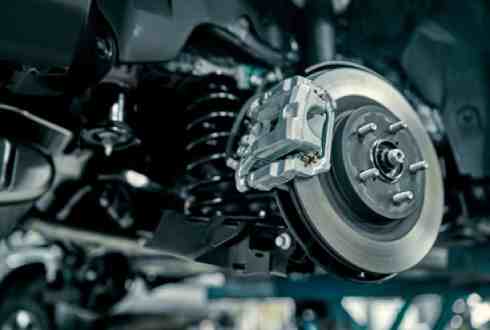Jeeps are tough go-anywhere vehicles that require regular maintenance to keep them running smoothly. This includes oil changes, fluid checks and tire rotations.
The Jeep owner’s manual recommends getting an oil change every 10,000 miles. It’s also a good idea to get an alignment every 20,000 miles, especially if you drive off-road or through dusty conditions.
1. Air Filter

Ensure your engine runs at peak performance by replacing the air filter regularly. This prevents dust, dirt and grime from clogging the filter and hindering proper air flow. It is recommended that you change the air filter every 20,000 miles.
A clogged filter can cause the engine to overheat and shorten its lifespan. It is also important to check the oil level periodically. If you see puddles under the car, look for the color that best matches your Jeep’s fluid levels: light brown to black indicates engine oil, reddish to brown is transmission fluid and yellow to brown is power steering fluid.
Keeping your tires properly inflated is another crucial aspect of maintenance and can help increase gas mileage. Be sure to check the tire pressure at least weekly and inflate your spare if you have one.
2. Oil Change
Changing the oil is one of the most important maintenance tasks your Jeep needs to perform correctly. You’ll need a drain pan, a socket set with wrenches, a specialized tool for removing the oil filter, and a funnel to pour in new oil without spills.
The engine in your Jeep has many fast-moving parts that need to be lubricated to reduce friction and prevent damage. Engine oil helps keep them lubricated, but it breaks down over time. If you skip an oil change, the parts in your engine will start to grind against each other, leading to more severe problems down the road.
A leaking oil pump or transmission is another common issue. Pay attention to unusual noises or smells and watch for puddles on the ground. If you see a puddle, it could mean the radiator is leaking or that the drive belt has slipped.
3. Tires
A good set of tires can make a big difference in how your Jeep drives. The tires play several critical roles, including supporting the vehicle’s load, transmitting traction and braking forces to the road surface, and absorbing road shocks.
Getting the right tire for your Jeep is an important choice that affects stability, handling, and comfort. Choosing the best tire depends on many factors, including size, tread wear, air pressure, and brand.
Keeping up with routine tire rotation is a simple way to get the most miles out of your tires. Having your tires rotated regularly allows them to wear evenly, saving you money in the long run, sneak a peek at this website.
4. Brakes

The brakes are the most important part of your Jeep’s braking system. They create friction by squeezing your rotors with brake caliper pistons when you push on the pedal.
You can usually tell when it’s time to replace your brake pads by the squealing they start making. They typically only make this noise when they are getting worn down and rubbing directly against the rotors.
If you have increased the size of your tires or lowered your gear ratio, that can also decrease the brakes’ stopping power. The OEM brake discs often don’t have enough cooling and thermal capacity to work effectively with these higher loads. You may need to add a bigger set of brake discs that can withstand this heavier load. This is also an excellent opportunity to have the brake fluid bled from the master cylinder.
5. Steering
Steering is a complex network of rods, pivots and gears designed to help you maneuver your vehicle safely. It’s not unbreakable, however, and it can suffer damage from road abuse.
A lubricated steering system is essential for the comfort and safety of your car. Typically, you can have your steering components inspected and lubricated as part of a regular service visit.
Conclusion:
Keeping these parts in good shape will make them last longer and ensure a smoother, more stable ride. It’s important to check for leaking fluid or any other signs of corrosion in your steering system. If you notice any of these issues, they should be addressed promptly. Otherwise, you’ll be dealing with costly and dangerous problems down the line.

